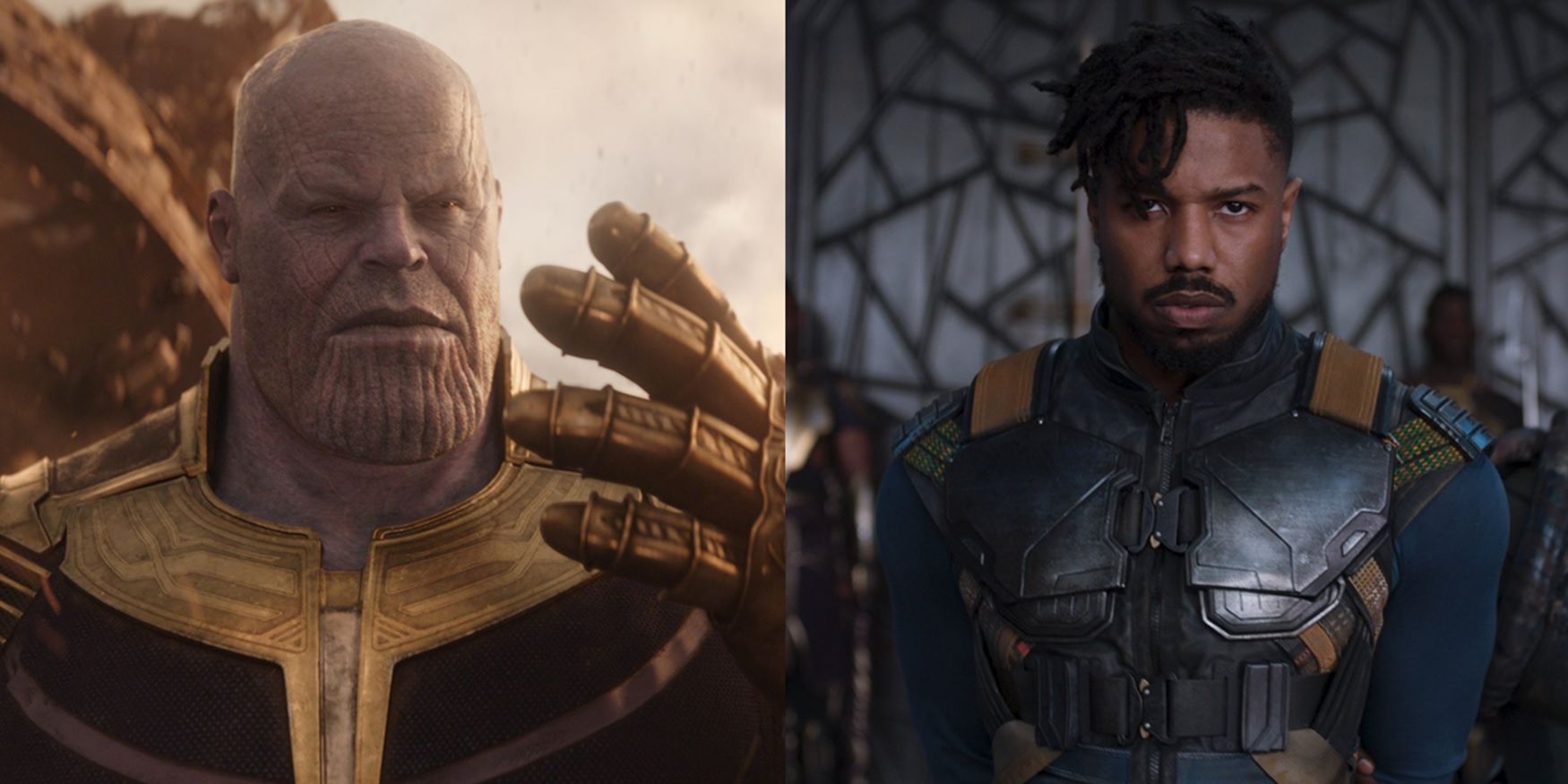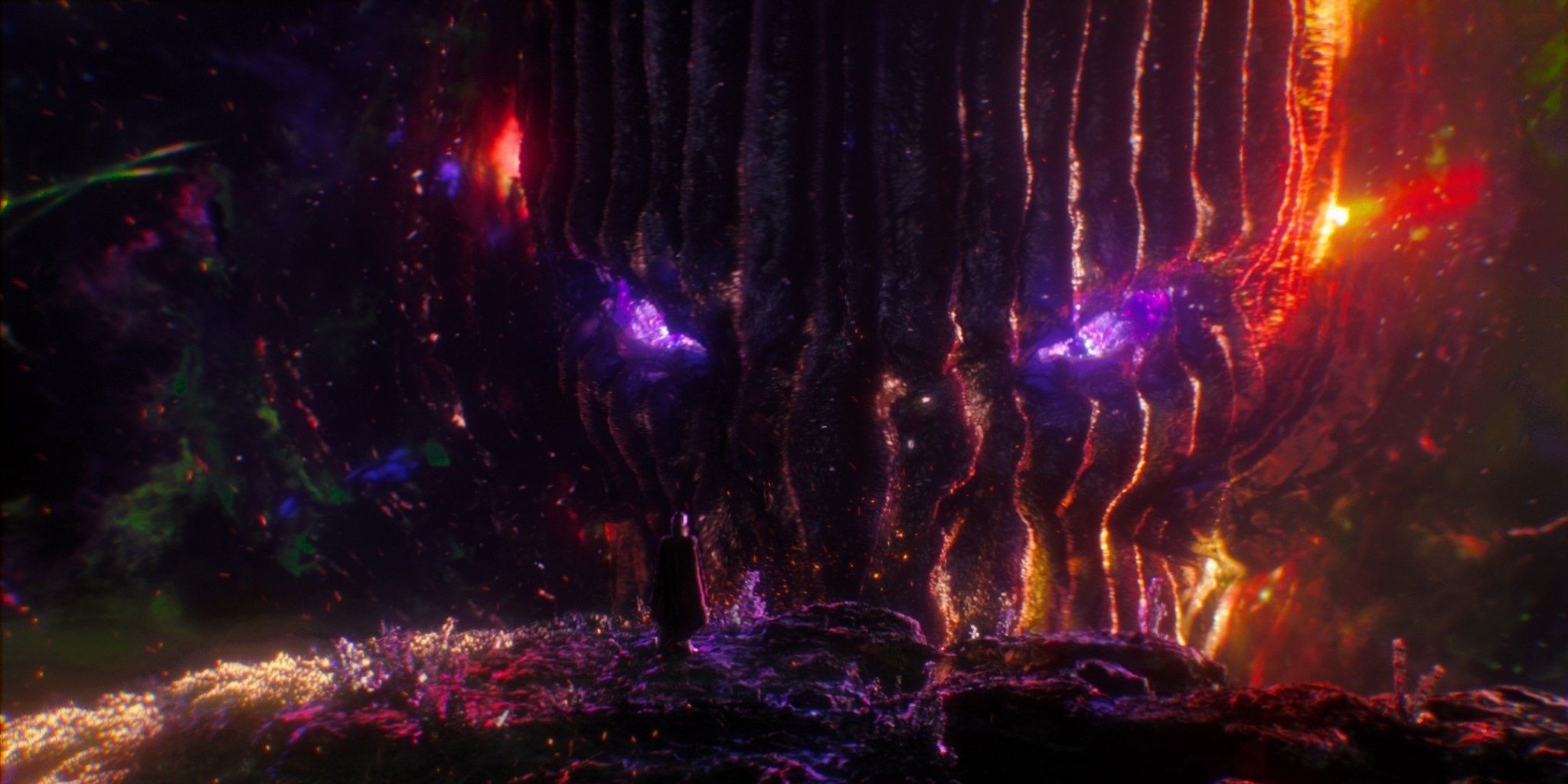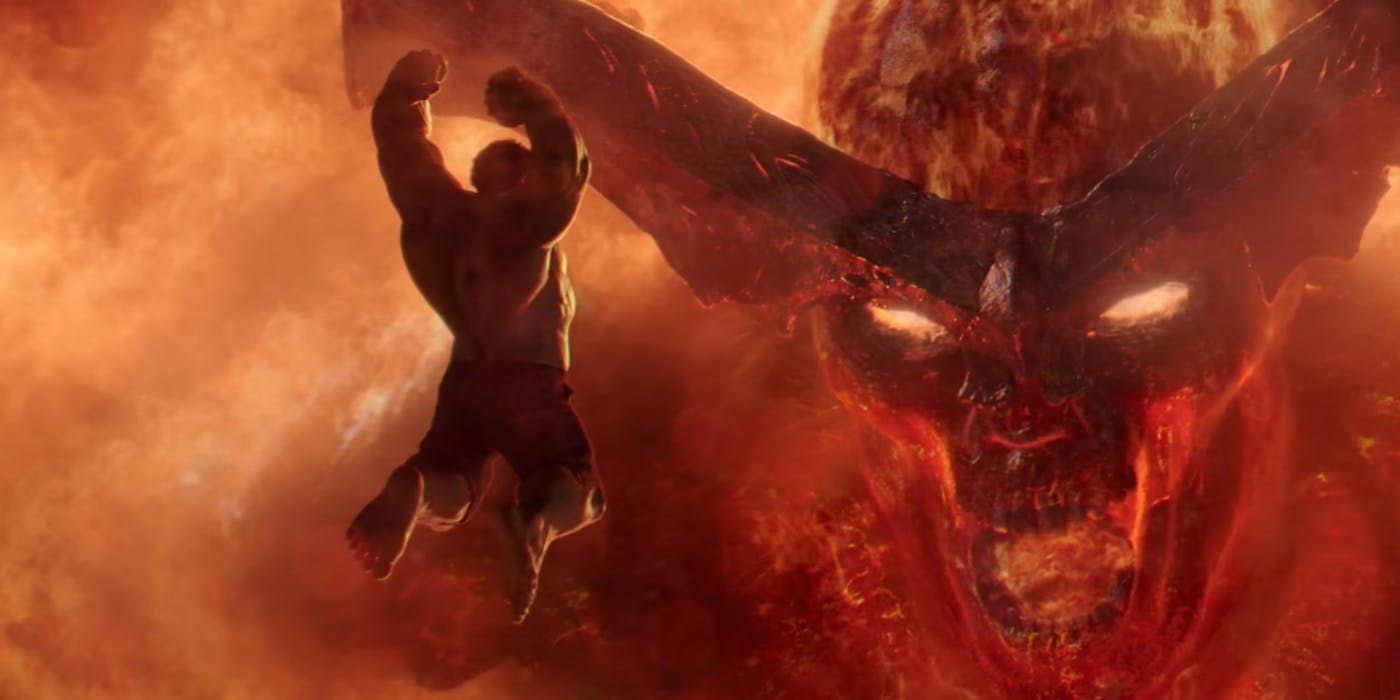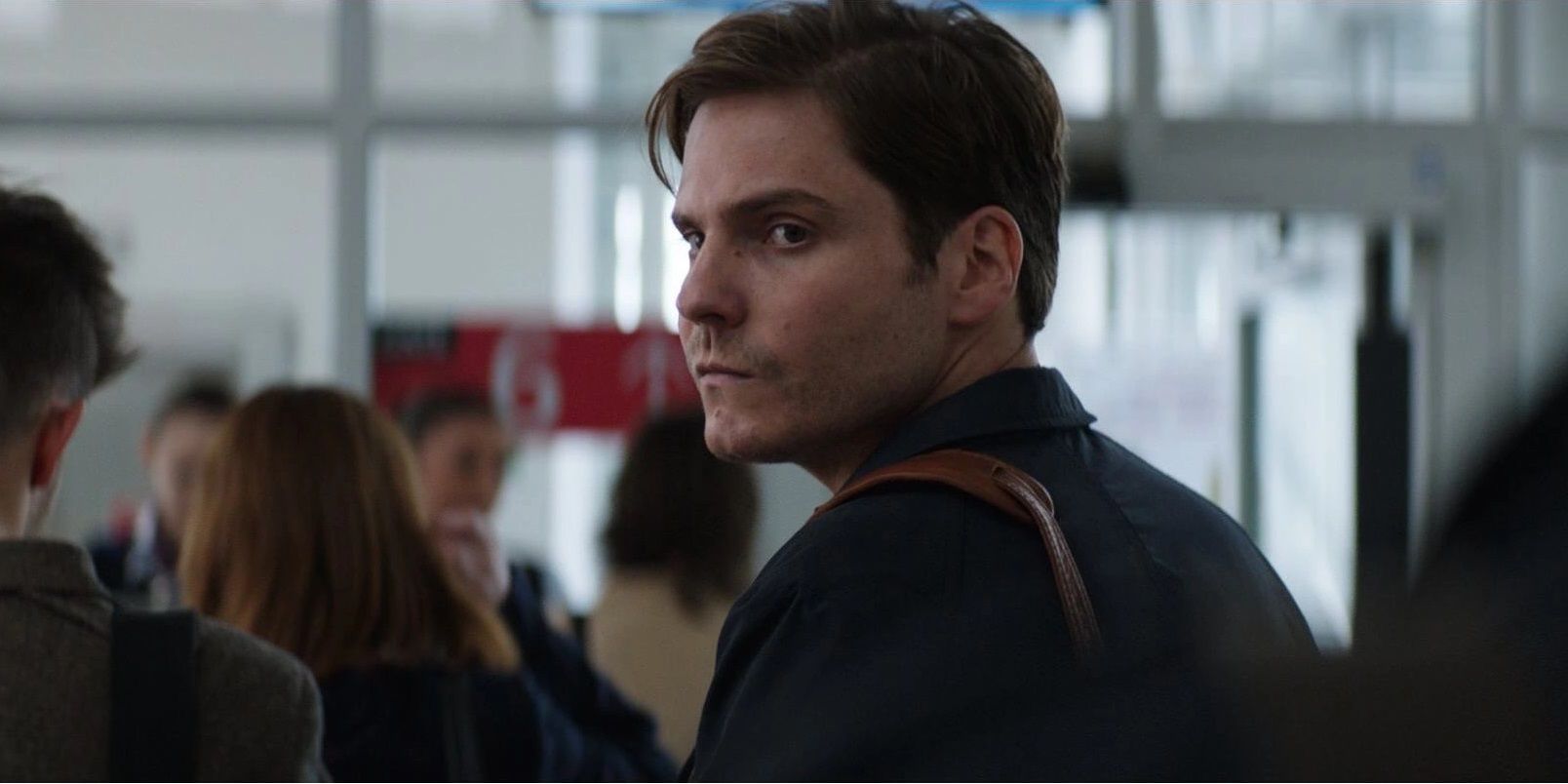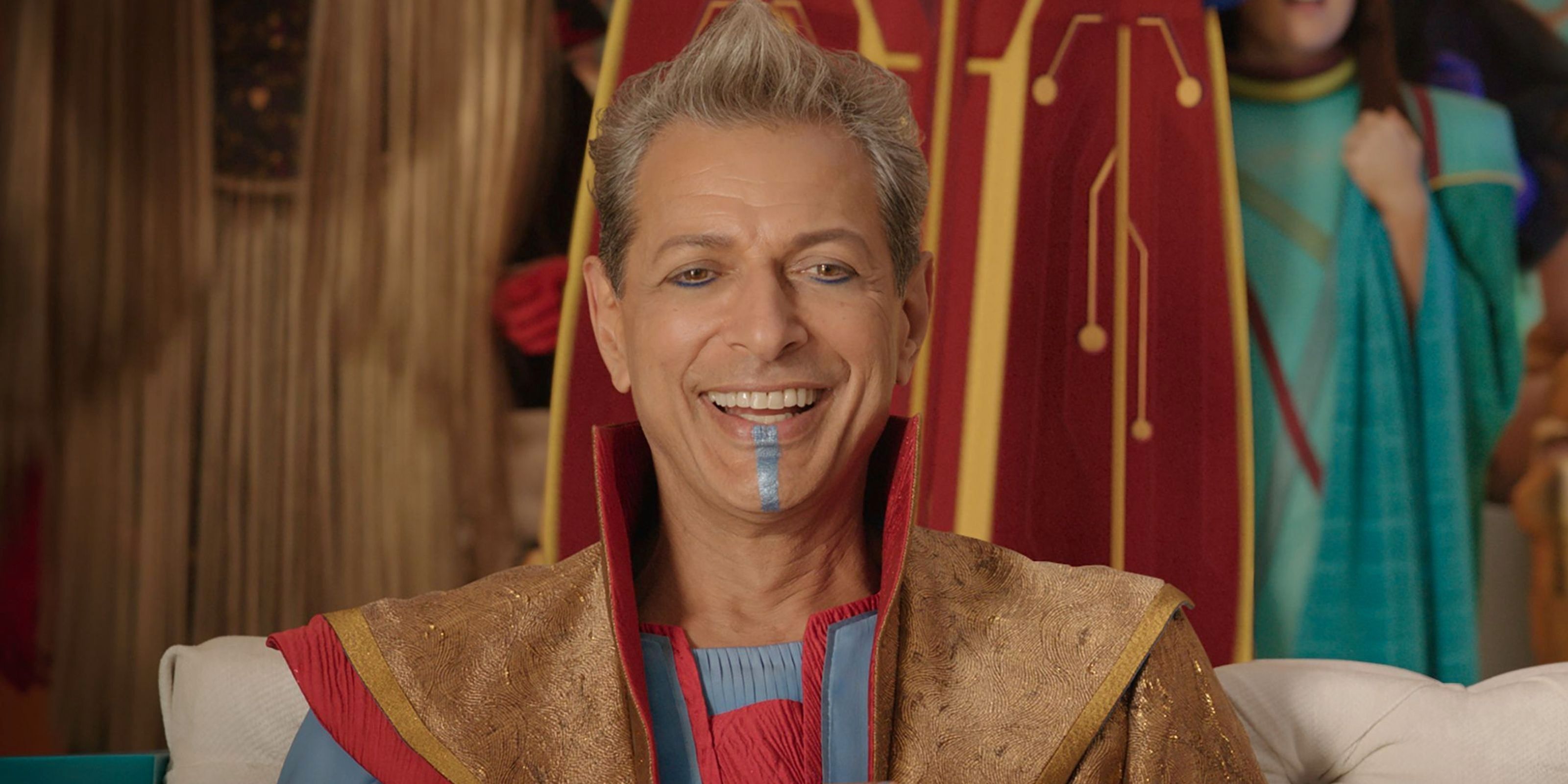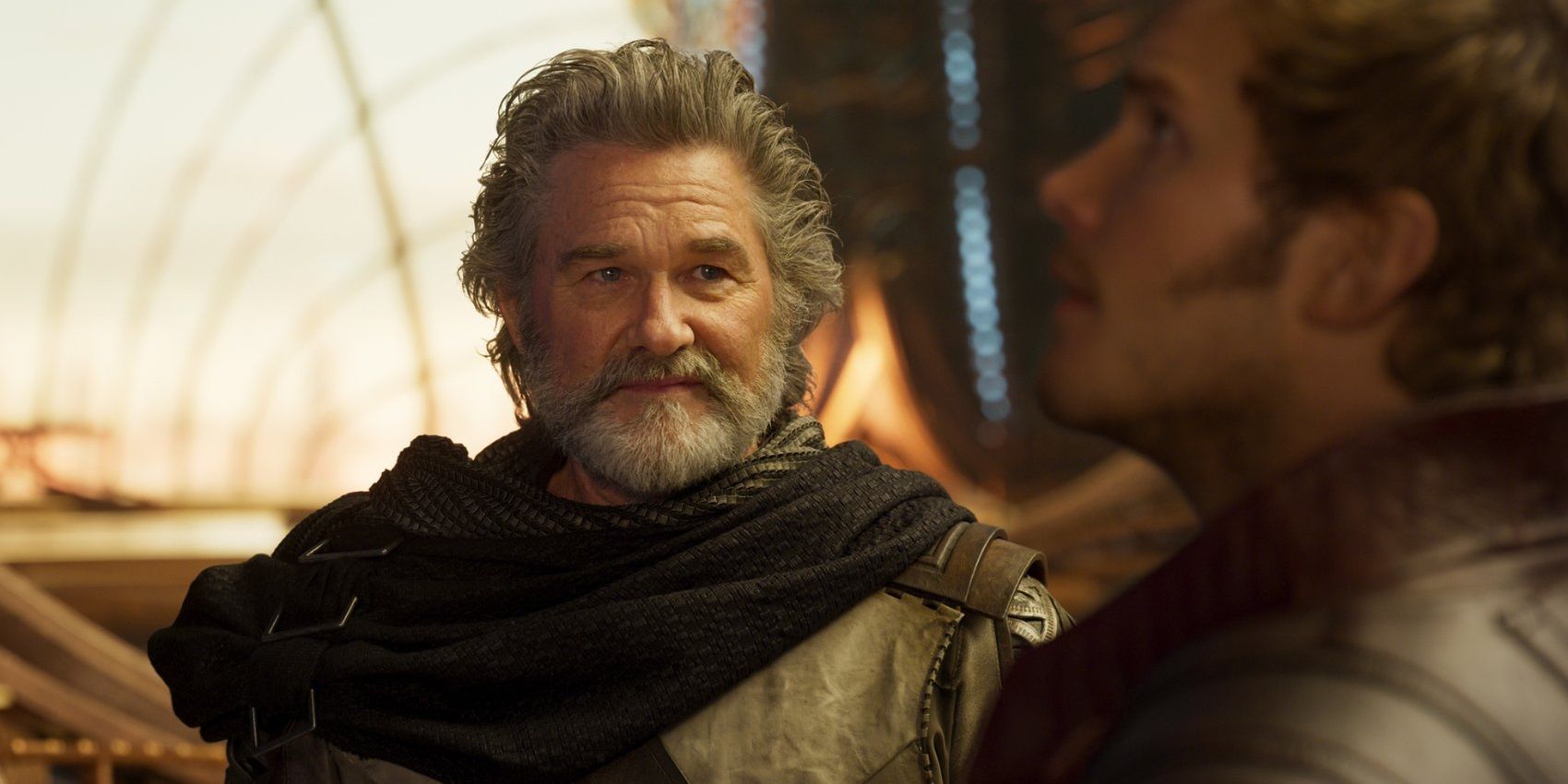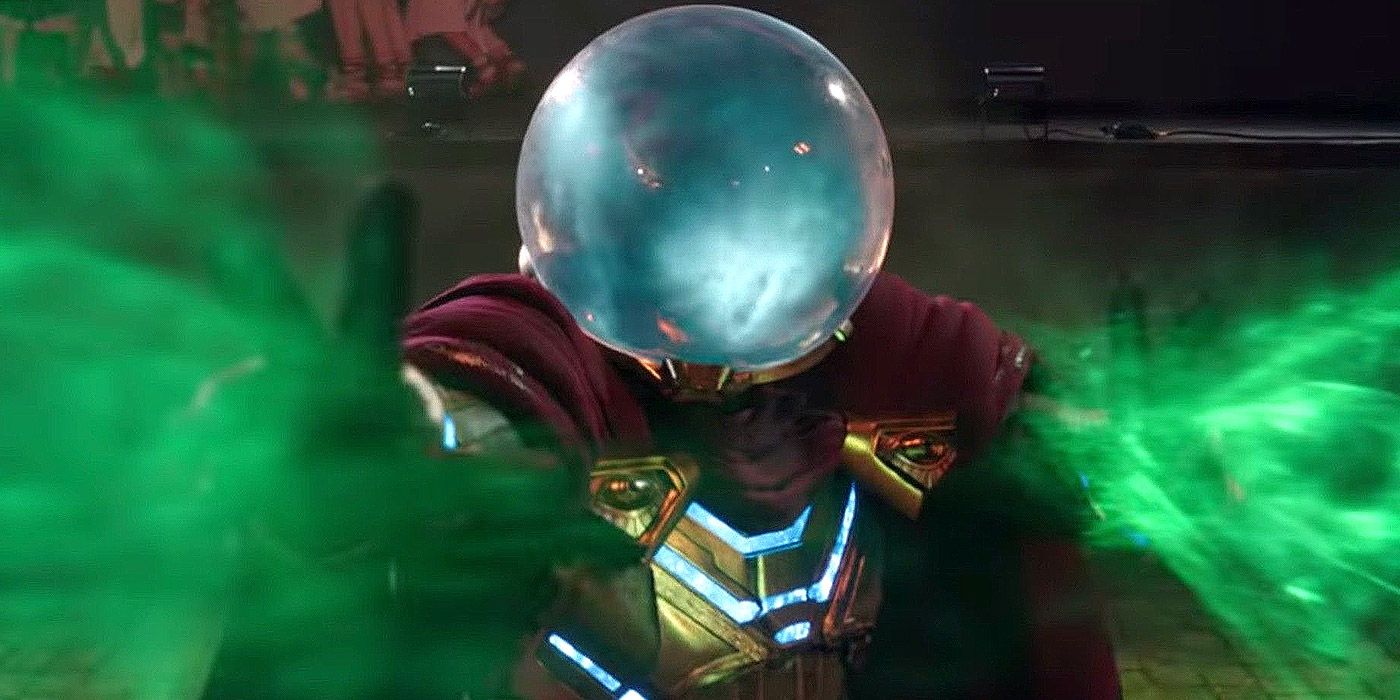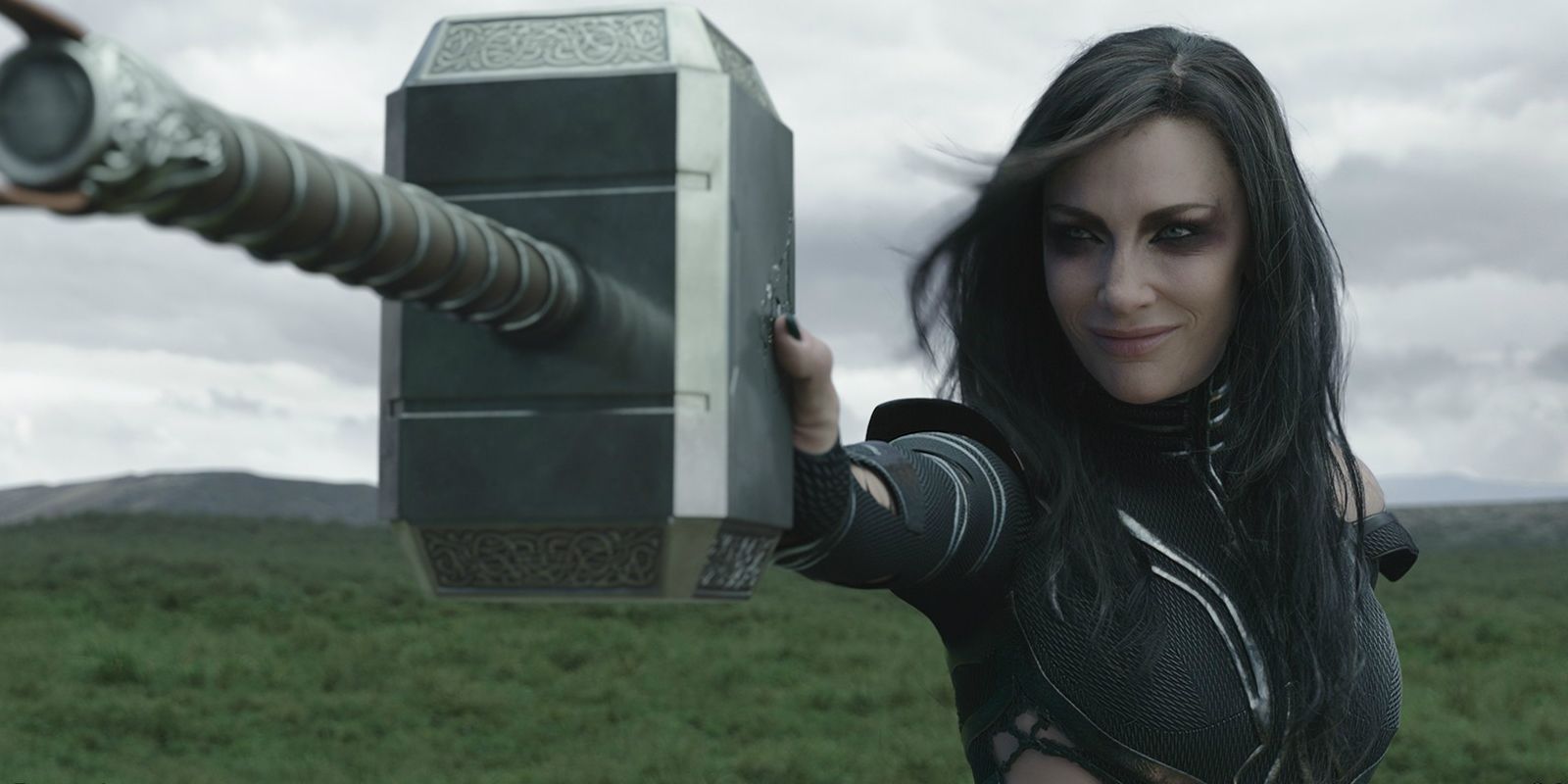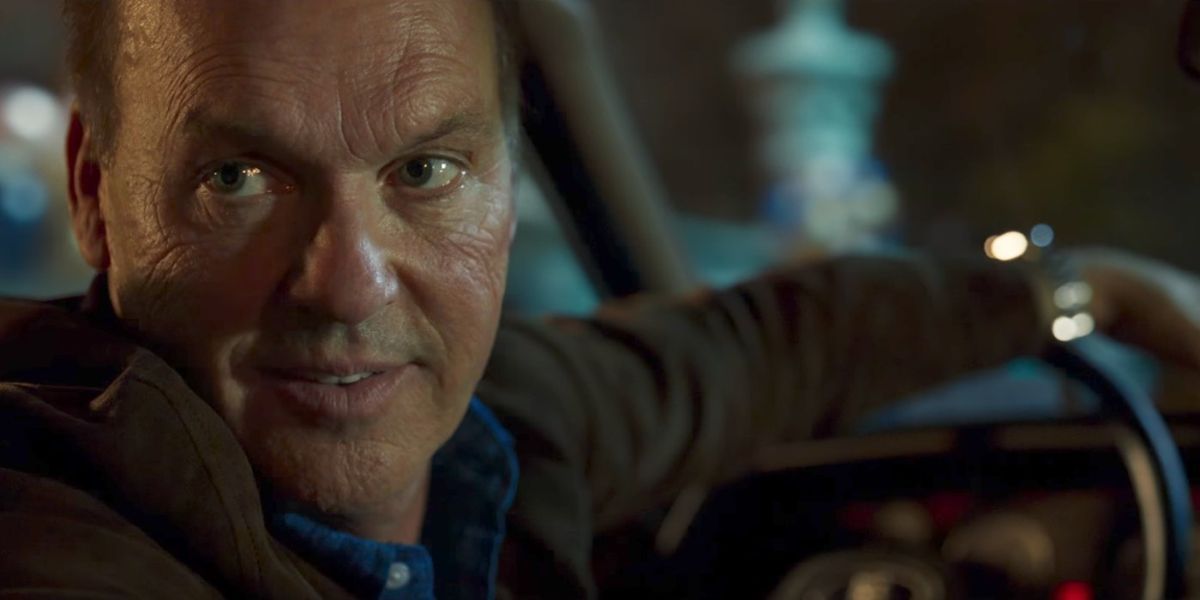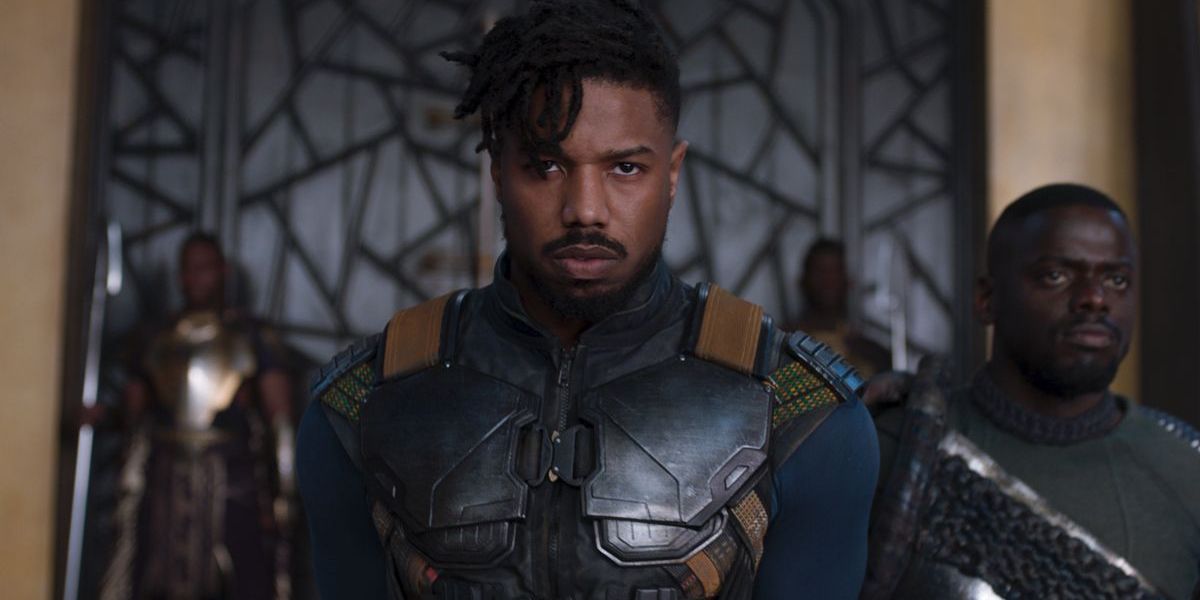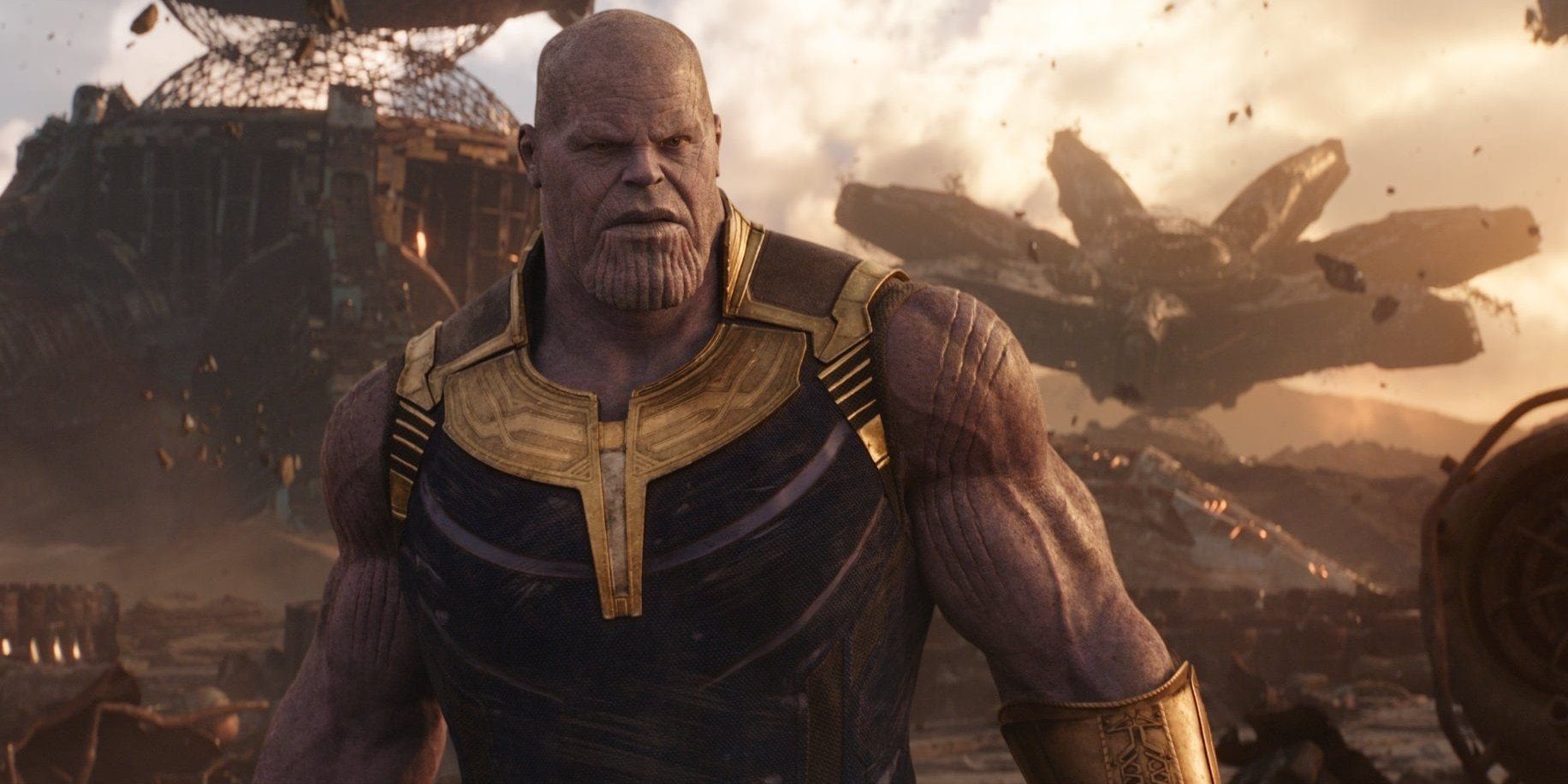With one-note villains like Malekith and Aldrich Killian, Phase Two of the Marvel Cinematic Universe drew criticisms that the franchise had a “villain problem.” While well-developed heroes are ten a penny in the MCU, rounded villains like Loki are few and far between.
By the time Phase Three rolled around, it became clear that MCU president Kevin Feige had taken these criticisms on board, as he stepped up the series’ villains with complex, acclaimed characters like Erik Killmonger and the Vulture and, of course, Thanos. After years of one-note baddies with generic evil plans, the MCU’s villains finally had relatable motivations and tangible relationships with the heroes they fought.
Dormammu
Doctor Strange has one of the most subversive final battles in the MCU, as the soon-to-be Sorcerer Supreme travels to another dimension to reason with Dormammu and stop him from destroying Earth for kicks. Strange traps Dormammu in a time loop specifically to avoid the kind of widespread carnage that the MCU’s climactic battle sequences are known for.
The strongest villains are the ones who bring out the best in the hero. As an interdimensional entity who could destroy our whole world like it was nothing, Dormammu physically outmatches Strange on a massive scale. So, in order to defeat him, Strange has to rely on his wits.
Surtur
Surtur, one of the three major antagonists in Thor: Ragnarok and the one determined to instigate the titular apocalypse, feels like a parody of the kind of generic one-note villain seen in the last Thor movie. Much like Malekith, Surtur speaks mostly in trailer-friendly soundbites about his nefarious plan and his glorious purpose to destroy Asgard, but he’s often interrupted with comedic moments that deflate his grandiosity (like waiting for Thor to twirl around on his chains).
The fact that Thor decides to awaken Surtur and make Ragnarok happen to defeat Hela is a surprising turn of events that sees the God of Thunder becoming a true Asgardian leader who has to make tough decisions on behalf of his people.
Baron Zemo
Although he’s since been given more depth in The Falcon and the Winter Soldier, Baron Zemo got a fascinating introduction in Captain America: Civil War. Sokovia Accords aside, Zemo is the reason that Tony Stark and Steve Rogers end up trying to kill each other.
Compared to some of the other villains in the MCU, there’s a real poignancy in a regular guy tearing the Avengers apart using only his cunning. He intentionally planted seeds of doubt in the minds of the heroes, knowing well that he could destroy the team if he could break the trust between them (and he was right). Zemo’s presence offered a nice counterpoint to the usual one-upmanship of cosmic power in the Avengers’ enemies.
The Grandmaster
On top of Jeff Goldblum’s hilariously eccentric line deliveries, Thor: Ragnarok’s the Grandmaster is a memorable villain because he offers a sharp satire of colonizers. When Thor is imprisoned and forced to fight as a gladiator on Sakaar, he learns that the Grandmaster is the planet’s oppressive leader. He has slaves, but doesn’t allow his underlings to use the word “slaves” and insists they use the phrase “prisoners with jobs.” The MCU’s movies are often accused of being superficial, but Taika Waititi managed to slip some social commentary into Ragnarok via the Grandmaster.
Since the near-unlimited powers of Hela and Surtur provide plenty of external conflict for Thor in Ragnarok, there’s less pressure on the Grandmaster to be a physically intimidating villain, giving Goldblum the freedom to dial up the absurdity.
Ego
The theme of Guardians of the Galaxy Vol. 2 is fatherhood. It revolves around Peter Quill meeting his biological father, who turns out to be a Celestial with a sinister ulterior motive. The upside of Quill learning that his biological father is a diabolical villain is that it makes him realize that his real father is Yondu, the one who raised him. Quill finally finding his dad and learning that he’s an alien god whose genes bestow dormant superpowers upon him initially seems a little far-fetched, but that’s the point.
The whole plot of the second Guardians movie could be a childhood fantasy dreamt up by a young Quill wondering where his absent father is – until it’s revealed that he’s a genocidal villian who’s already killed millions of his own children and plans to remake the universe in his own image. Ego’s bloated self-importance really lives up to his name.
Mysterio
The first half of Spider-Man: Far From Home keeps up the pretense that Mysterio is an ally of Spidey’s from another dimension, as Nick Fury and Maria Hill buy his cock-and-bull story, but the midpoint reveals the so-called “Elementals” to be elaborate projections from his drones. Mysterio is really a disgruntled ex-Stark employee who wants the glory of being a superhero without any of the hard work or sacrifice.
Once the twist has been revealed and he becomes a full-blown villain, Jake Gyllenhaal commits wholeheartedly to playing Quentin Beck as selfish and high-maintenance. Mysterio’s illusions forced Spidey to use one of his most underutilized powers: his Spider-Sense (or “Peter tingle,” as the movie hilariously terms it).
Hela
Cate Blanchett has a ton of fun hamming it up with all-out villainy in Thor: Ragnarok. Hela is the child that Odin tried to hide – the one who turned out even more sadistic than Loki – and she returns to rule Asgard as a brutal dictator. She instantly establishes how much more powerful she is than her long-lost brother in her introductory scene when she catches his seemingly indestructible hammer in her hand and crushes it into a million little shards.
There are some spectacular action sequences in Ragnarok, but what mainly makes Hela an unforgettable villain is Blanchett’s extravagant performance in the vein of Disney villains like Cruella or Maleficent.
The Vulture
Adrian Toomes offers an interesting counterpoint to Peter Parker’s father figure Tony Stark. For all intents and purposes, Peter has a lot more in common with Toomes. They both come from a working-class background and have to work much harder than Stark to acquire a fraction of his wealth. But Peter can see that Toomes is in the wrong with his illegal arms dealing empire.
The Vulture is clearly a bad guy because he sells alien weapons to criminals and tries to murder a teenager, but his motivation – providing for his family – is understandable. Plus, the twist that he’s Liz’s dad added personal stakes to the conflict.
Killmonger
Ryan Coogler had already worked with Michael B. Jordan on Fruitvale Station and Creed when he tapped the actor to play the main villain in Black Panther, Erik Killmonger. Like Nebula and the Winter Soldier before him, Killmonger has a personal connection to the hero, as he’s T’Challa’s long-lost cousin. This family link brings a personal level to the characters’ ideological conflict when Killmonger arrives in Wakanda to claim T’Challa’s throne.
The haunting thing about Killmonger is that, like Heath Ledger’s Joker, he has a point. His murderous methods are questionable, but his desire to avenge colonized people and assist disadvantaged communities makes a lot of sense.
Thanos
Thanos is undeniably the greatest villain of the MCU. After being teased in various subplots and post-credits scenes over a six-year period, there was a lot riding on Avengers: Infinity War when the Mad Titan finally took center stage and battled Earth’s mightiest heroes. Against all odds, Thanos didn’t disappoint.
Josh Brolin’s performance was surprisingly nuanced, defining Thanos by his narrow-mindedness. He’s determined to carry out his plan and refuses to listen to reason, genuinely believing that universe-wide genocide is his calling in life. The best villains believe they’re the hero of their own story, and Thanos is a definitive example of that.

